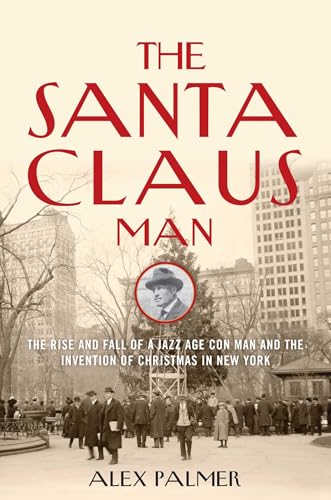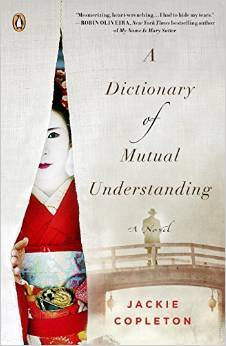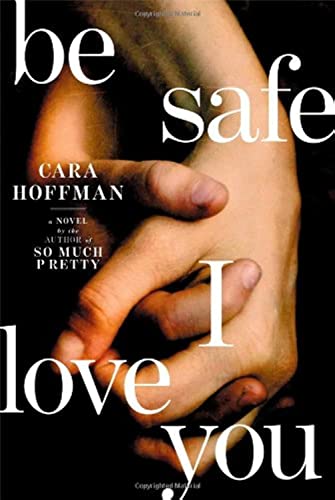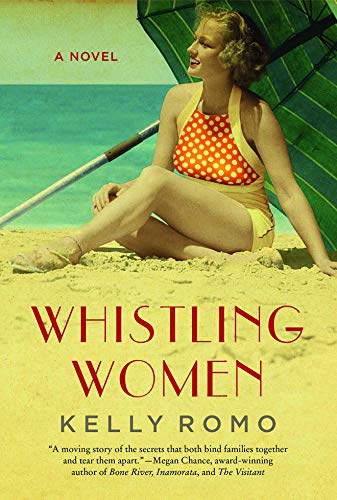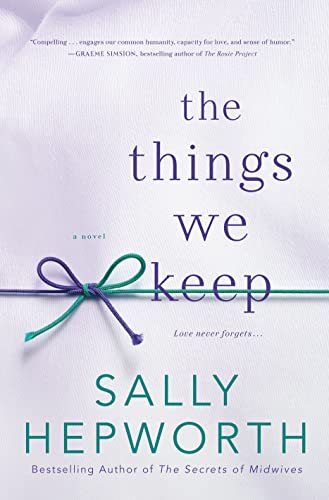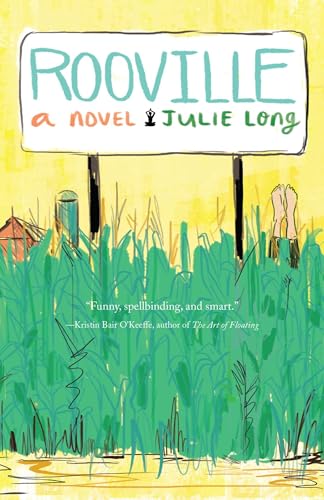 Thanksgiving and our annual After Thanksgiving Party really cut into my reading and any reviewing I thought I was going to do this week. To be honest, the majority of my reading this week was of recipes, not books. But aside from Christmas shopping, my life should be back to my usual reading saturation again now. And I wouldn't have it any other way! This meme is hosted by Kathryn at Reading Date.
Thanksgiving and our annual After Thanksgiving Party really cut into my reading and any reviewing I thought I was going to do this week. To be honest, the majority of my reading this week was of recipes, not books. But aside from Christmas shopping, my life should be back to my usual reading saturation again now. And I wouldn't have it any other way! This meme is hosted by Kathryn at Reading Date. Books I completed this past week are:
The Perfect Comeback of Caroline Jacobs by Matthew Dicks
The Black Velvet Coat by Jill G. Hall
Pretending to Dance by Diane Chamberlain
Bookmarks are still living in the middle of:
The Resurrectionist by Jack O'Connell
The Pursuit of Love and Love in a Cold Climate by Nancy Mitford
The Lowland by Jhumpa Lahiri
The Muralist by B.A. Shapiro
A Walk Across America by Peter Jenkins
Reviews posted this week:
The Black Velvet Coat by Jill G. Hall
Books still needing to have reviews written (as opposed to the ones that are simply awaiting posting):
Migratory Animals by Mary Helen Specht
Balm by Dolen Perkins-Valdez
Secrets of a Charmed Life by Susan Meissner
Girl in Glass by Deanna Fei
Orphan Number Eight by Kim van Alkemade
Make Your Home Among Strangers by Jennine Capo Crucet
The Seven Stages of Anger and Other Stories by Wendy J. Fox
The Door by Magda Szabo
Etta and Otto and Russell and James by Emma Hooper
Did You Ever Have a Family by Bill Clegg
Landfall by Ellen Urbani
This Must Be the Place by Kate Racculia
Henna House by Nomi Eve
The Coincidence of Coconut Cake by Amy Reichert
Bread Alone by Judith Ryan Hendricks
Fishbowl by Bradley Somer
The Woman in the Photograph by Dana Gynther
Beneath the Bonfire by Nickolas Butler
The Baker's Apprentice by Judith Ryan Hendricks
X Marks the Scot by Victoria Roberts
Miss Dreamsville and the Lost Heiress of Collier County by Amy Hill Hearth
All the Light We Cannot See by Anthony Doerr
Our Endless Numbered Days by Claire Fuller
The Bees by Laline Paull
A Peach of a Pair by Kim Boykin
Welcome to Braggsville by T. Geronimo Johnson
Wonder by R. J. Palacio
The Sea Keeper's Daughter by Lisa Wingate
My Unsentimental Education by Debra Monroe
Minerva by M.C. Beaton
What Is Visible by Kimberly Elkins
Katherine Carlyle by Rupert Thomson
Two Dogs and a Parrot by Joan Chittister
The Last Season by Stuart Stevens
Mrs. Sinclair's Suitcase by Louise Walters
Forever Your Earl by Eva Leigh
Speed Kings by Andy Bull
Slightly Foxed, The Real Reader's Quarterly #46 edited by Gail Pirkis and Hazel Wood
We That Are Left by Clare Clark
Famous Baby by Karen Rizzo
Dear Mr. You by Mary-Louise Parker
Making Babies by Anne Enright
The Perfect Comeback of Caroline Jacobs by Matthew Dicks
Pretending to Dance by Diane Chamberlain
 One at the beginning of the week and one at the very end, this pair shows just how widely ranging my reading roams. This past week's mailbox arrivals:
One at the beginning of the week and one at the very end, this pair shows just how widely ranging my reading roams. This past week's mailbox arrivals:
